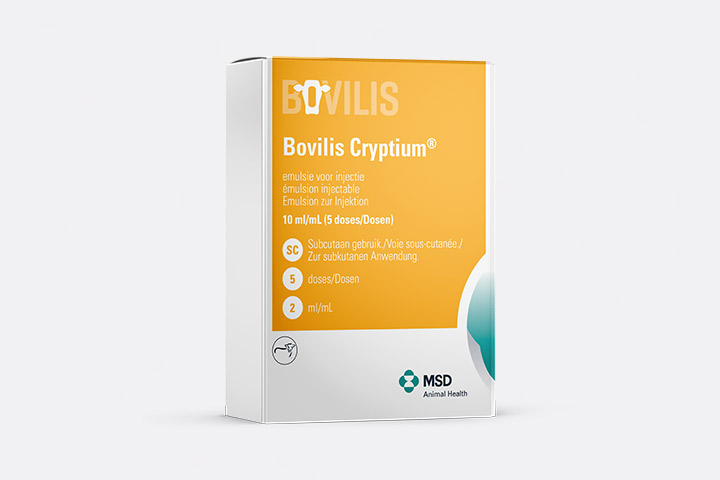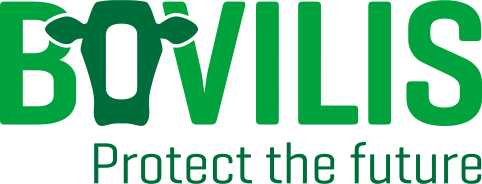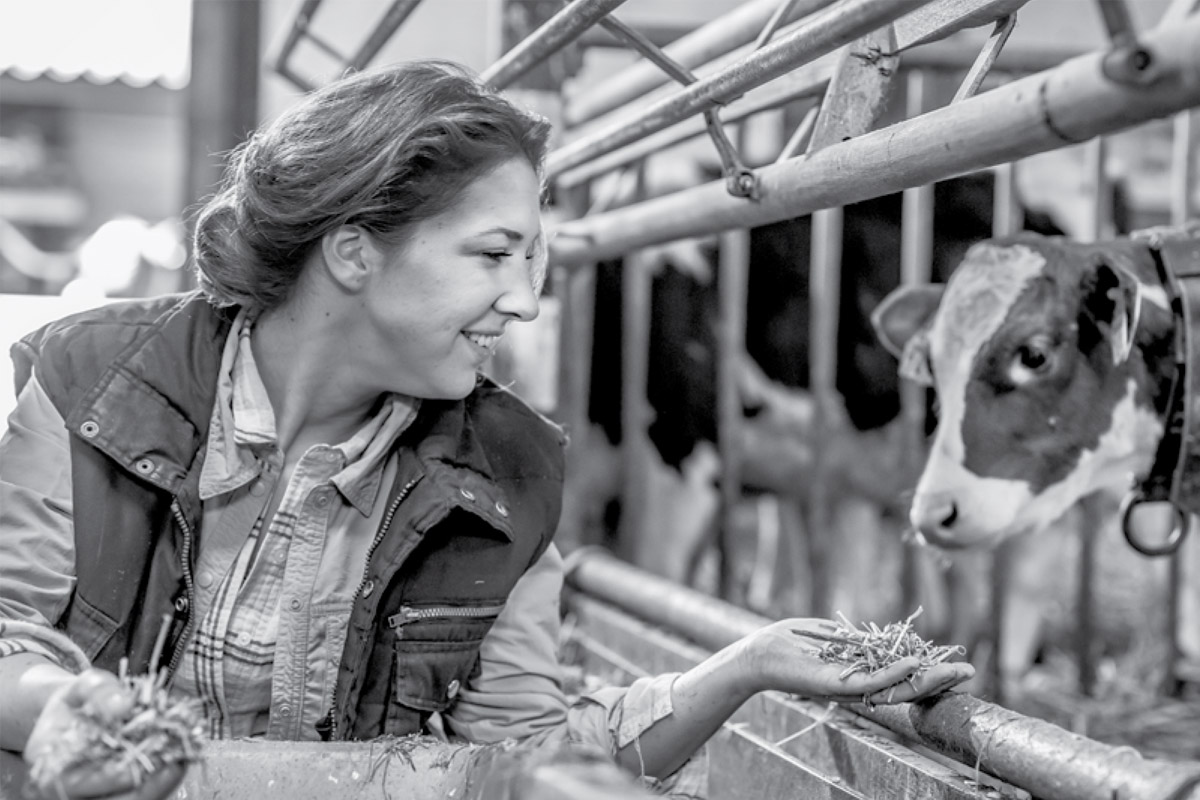

FAQs: Cryptosporidiosis
What is cryptosporidiosis?
Cryptosporidiosis is the disease caused by Cryptosporidium, a genus of microscopic gastrointestinal parasites that cause diarrhea in many species, including humans. The specific species Cryptosporidium parvum is a significant cause of neonatal calf diarrhea (scours).
Where in the world is Cryptosporidium
found?
Cryptosporidium is found worldwide, including the United States and Europe.
What are the symptoms of
cryptosporidiosis in calves?
Calves with cryptosporidiosis suff er from mild to severe diarrhea, typically lasting several days. In some cases, they may also exhibit mild fever, dehydration, apathy, anorexia, and weight loss (short and long-term). While cryptosporidiosis is typically not fatal, management strategy can have a large impact on fatality rates.
What causes cryptosporidiosis
in cattle?
Cryptosporidium is transmitted via the fecal-oral route, meaning that infection is caused when Cryptosporidium oocysts are ingested orally, and are spread through an infected animal’s feces. Because of this, transmission can occur directly (from another infected calf, animal, or human), or indirectly (through fecal contamination in the immediate environment, water, feed, or fomites). This infection results in diarrhea because the lifecycle of the parasite causes damage or disruption to the digestive system of the calf.
Can cryptosporidiosis be cured?
Most calves with cryptosporidiosis will successfully clear the infection. However, even aft er recovery, long-term eff ects like decreased weight gain and production effi ciency are common. It is also possible for the animal to become infected with Cryptosporidium again in the future, but fortunately adult cattle are not likely to be symptomatic due to their more developed immune systems.
How do you treat cryptosporidiosis
in calves?
Cryptosporidiosis is primarily managed with supportive care (e.g., electrolyte therapy, fluids), but options like antibiotics, feed additives, or Halocur® can help. However, it is preferred to prevent the disease altogether through hygienic measures and vaccination with Bovilis® Cryptium®, and to reserve these treatments as a second-line defense.
How can you avoid cryptosporidiosis
in calves?
Cryptosporidiosis can be avoided by implementing proper hygiene practices on the farm as well as using a robust vaccination schedule, including the use of Bovilis® Cryptium®, the first and only vaccine designed to protect newborn calves against cryptosporidiosis from day one.
Is Bovilis® Cryptium® an antibiotic?
No, Bovilis® Cryptium® is a vaccine. Antibiotics can be harmful to the gut microbiome, and their overuse can contribute to the rise of antibiotic resistance, so it is preferable to begin with preventative measures when managing diseases.
How does Bovilis® Cryptium® work?
Bovilis® Cryptium® works by increasing the specific antibodies in the colostrum of the dam, which are then passed onto the calf when it consumes her colostrum. This provides the calf with protection against the parasite in the form of passive local immunity. Protection of calves depends on adequate ingestion of colostrum and transition milk from vaccinated mother cows. It is recommended that all calves are fed colostrum and transition milk during the first 5 days of life.
How do I implement Bovilis®
Cryptium® on my farm?
Talk to your vet to discuss implementing Bovilis® Cryptium® on your farm! Bovilis® Cryptium® is a convenient health solution that can be administered at the same time as Bovilis® Rotavec® Corona to provide comprehensive protection against the four most common neonatal calf diarrhea pathogens: Cryptosporidium parvum, coronavirus, rotavirus, and E. coli.
Bovilis® cattle vaccines against neonatal calf diarrhea.

Bovilis® Cryptium®
Bovilis Cryptium® raises antibodies in heifers and cows’ colostrum against Gp40 of Cryptosporidium parvum. It is intended for passive immunization of calves to reduce clinical signs (diarrhea) caused by C. parvum.

Bovilis® Rotavec® Corona
Bovilis® Rotavec Corona® is a single-shot injectable vaccination for cows. It is given to the dam in pregnancy, which subsequently helps protect the calf from diarrhoea caused by Rotavirus, Coronavirus and E.coli, once it has been fed sufficient colostrum from the dam.


